Train Stations Security Service
Home - American Alliance Patrol
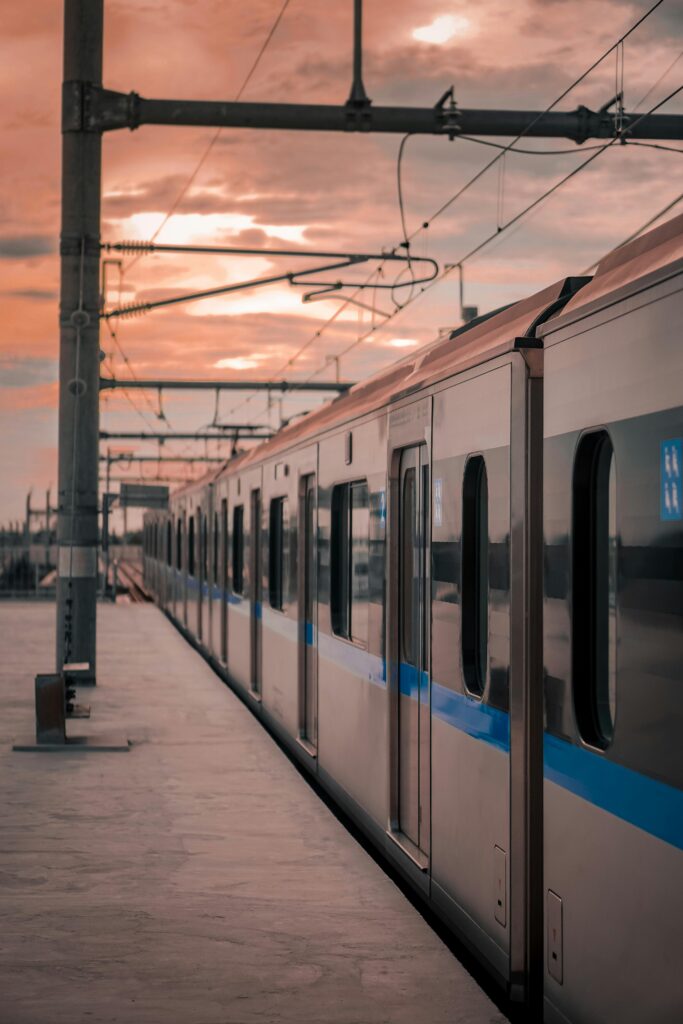
American Alliance Patrol
Train Stations Security: Keeping Travelers Safe
Train Stations Security Service , In today's fast-paced world, train stations serve as bustling hubs of activity, connecting people to their destinations near and far. However, with this constant flow of travelers, ensuring their safety becomes paramount. Welcome to American Alliance Patrol's guide to train station security, where we'll explore the measures in place to safeguard passengers, staff, and infrastructure.
Safe Travel with our security officer's
Understanding Train Stations Security
Train station security is not just about preventing criminal activities; it encompasses a holistic approach aimed at maintaining order, deterring threats, and responding swiftly to emergencies. Let's delve into the various components that contribute to effective security at train stations.
Platform Patrols Ensure Safety
One of the most visible aspects of train station security is the presence of security personnel conducting platform patrols. These patrols serve multiple purposes: deterrence of criminal behavior, assistance to passengers, and rapid response to incidents. Officers regularly walk the platforms, which makes potential troublemakers less likely to cause disruptions and reassures passengers by ensuring help is nearby.
Enhancing Surveillance with CCTV Coverage
In today's digital age, Closed-Circuit Television (CCTV) cameras play a crucial role in monitoring train stations. With strategically placed cameras providing comprehensive coverage, security personnel can keep a vigilant eye on all areas, including entrances, platforms, and concourses. This surveillance not only helps in preventing crimes but also aids in investigations by providing valuable evidence.
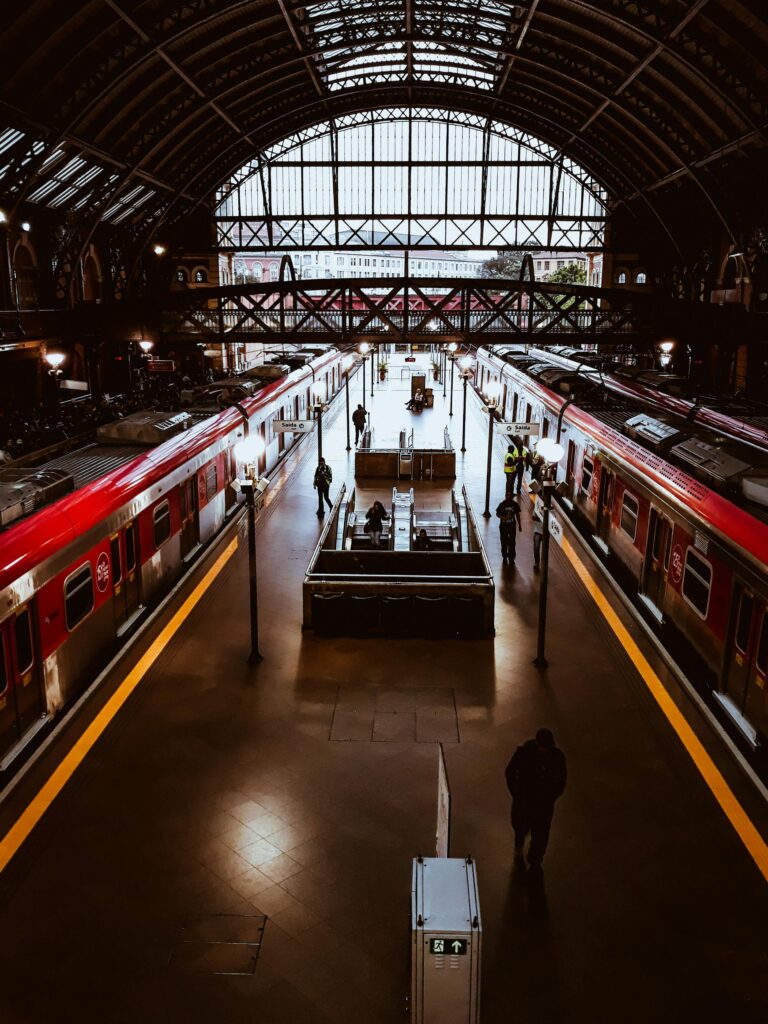
Train Stations Security Service
Baggage Screening for Added Safety
Baggage screening is another vital component of train station security. Before boarding, passengers' luggage undergoes thorough screening to detect any prohibited items or potential threats. This proactive measure ensures that passengers bring only safe and authorized items onto trains, thereby mitigating the risk of onboard incidents.
Swift Response with Emergency Response Teams
Despite preventive measures, emergencies can still arise. That's where Emergency Response Teams (ERTs) come into play. Comprising highly trained personnel equipped with specialized gear, ERTs are ready to spring into action at a moment's notice. Whether it's medical assistance, evacuations, or security breaches, these teams are trained to handle various scenarios swiftly and effectively.
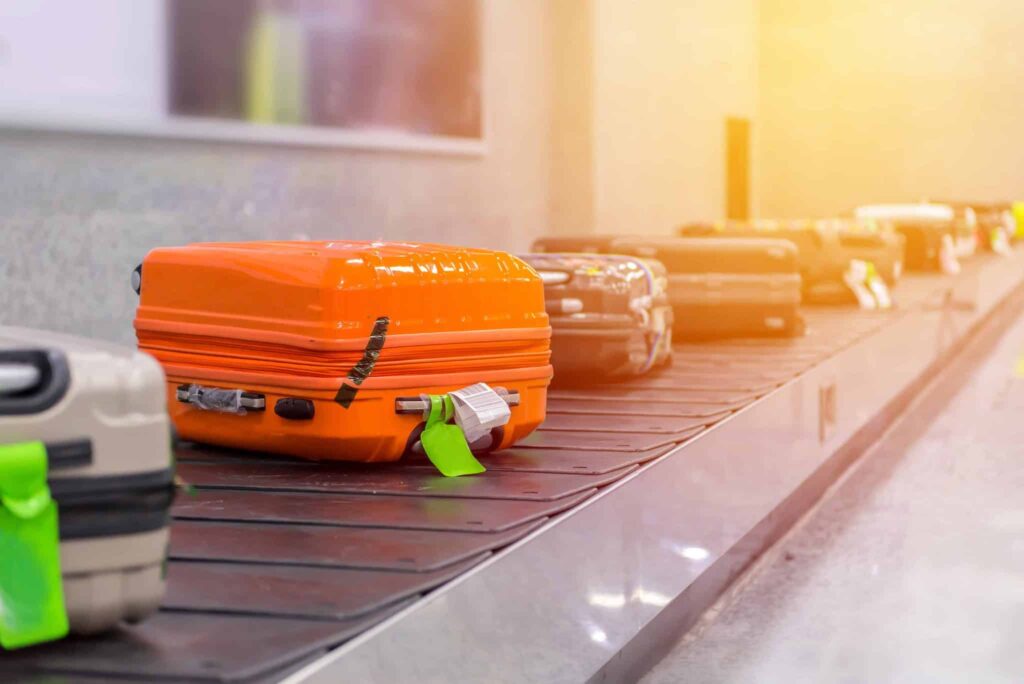
Train Stations Security Service
Tightening Security with Access Control Systems
Access Control Systems add an extra layer of security by regulating entry into restricted areas. By employing technologies such as keycards, biometrics, or PIN codes, access to sensitive areas like control rooms or maintenance zones is tightly controlled. This helps prevent unauthorized access and ensures that only authorized personnel can enter critical areas.
Utilizing K-9 Units for Detection
The keen sense of smell possessed by K-9 units makes them invaluable assets in detecting explosives, narcotics, or other illicit substances. These highly trained dogs, accompanied by skilled handlers, conduct regular patrols throughout train stations, enhancing security measures. Their presence acts as a strong deterrent to potential threats while providing an added sense of security to passengers.
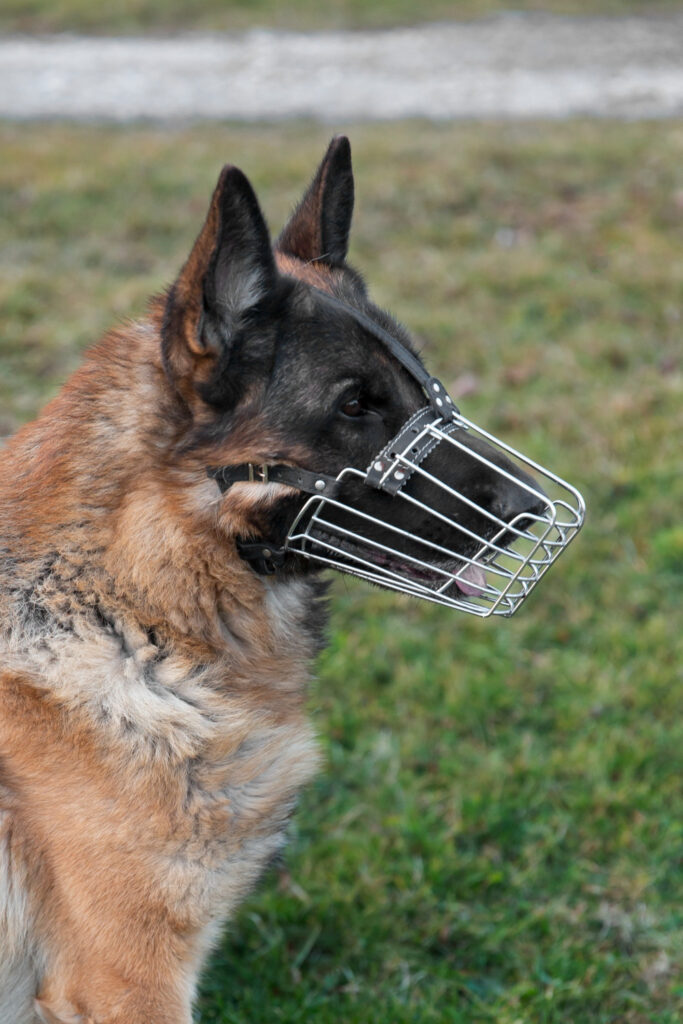
Train Stations Security Service
Strengthening Perimeter Security
Train stations are vast complexes with multiple entry points, making perimeter security crucial. Fences, barriers, and checkpoints help control access to the station premises, preventing unauthorized individuals from entering restricted areas. Additionally, surveillance cameras and patrolling officers keep a watchful eye on the station's perimeter, deterring potential intruders and enhancing overall security.
Collaboration with Law Enforcement
Effective train station security relies on seamless collaboration between private security firms and law enforcement agencies. By sharing resources, intelligence, and expertise, these entities work together to identify and neutralize threats effectively. This collaborative approach ensures a coordinated response to emergencies and enhances the overall safety and security of train stations.
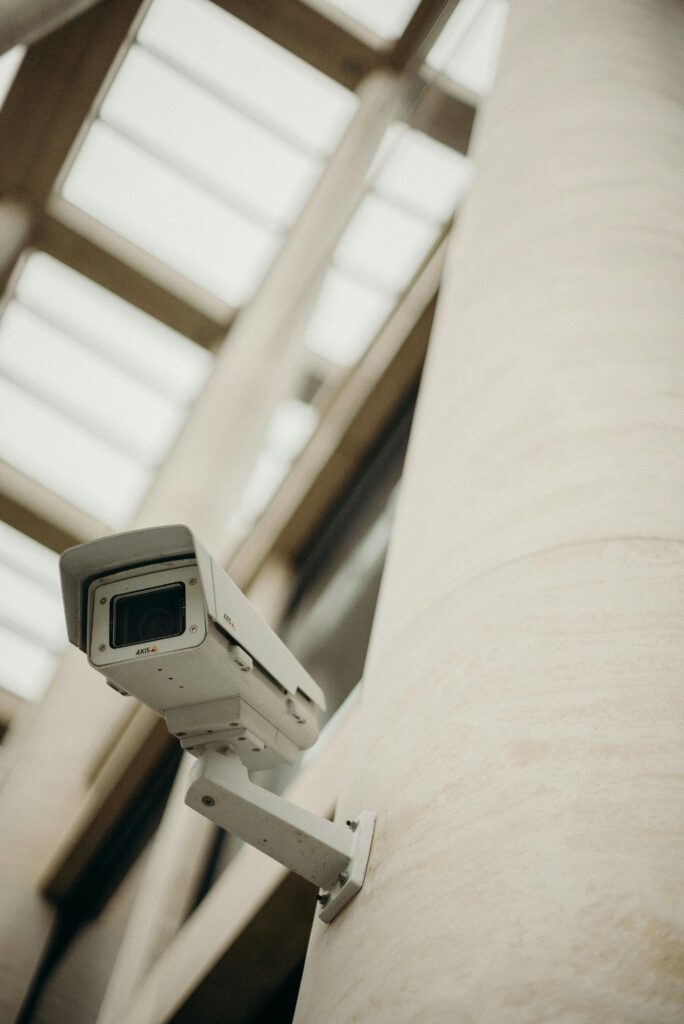
AREAS WE SERVE
AMERICAN ALLIANCE PATROL PROVIDES PROFESSIONAL ARMED GUARDS TO THE FOLLOWING AREAS IN CALIFORNIA.





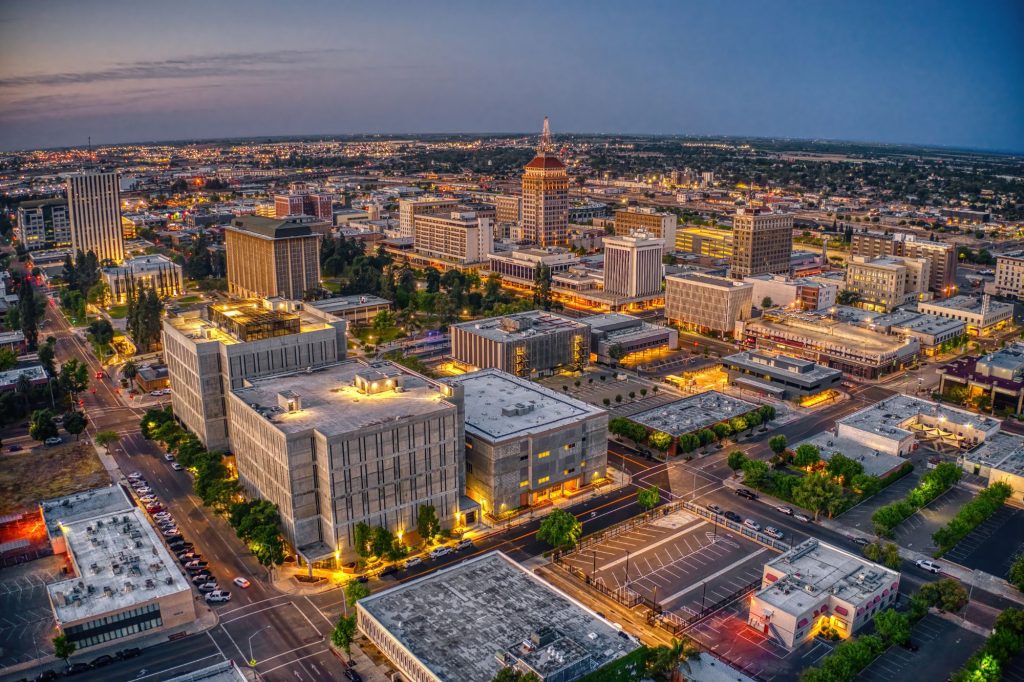

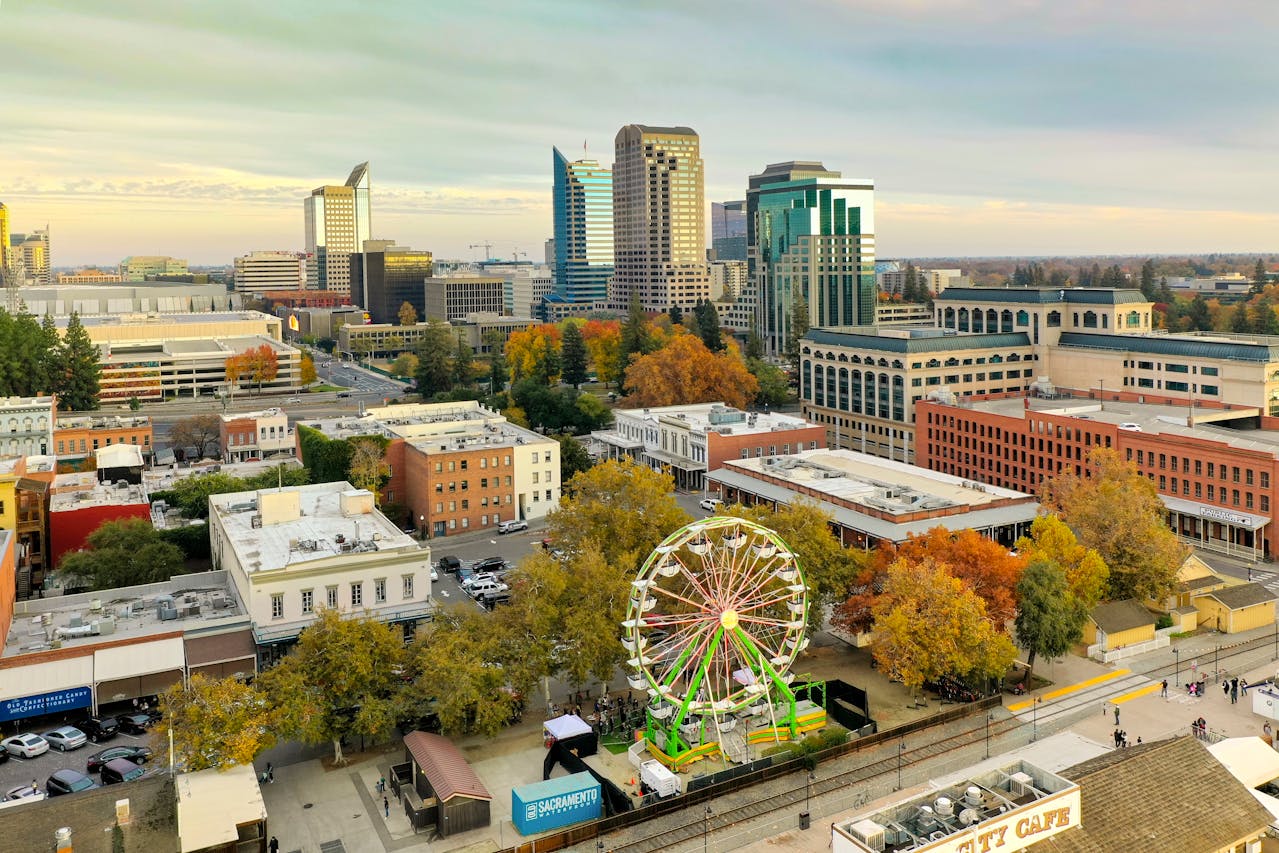

FAQs
Yes, train stations prioritize the safety and security of passengers through various measures such as patrols, surveillance, and emergency response teams.
If you notice any suspicious behavior or items, report it immediately to station staff or security personnel. Remember, “If you see something, say something.”
Yes, baggage screening and occasional passenger checks are conducted to ensure the safety of everyone onboard.
Stay vigilant, follow security protocols, and report any concerns or suspicious activities to authorities promptly.
